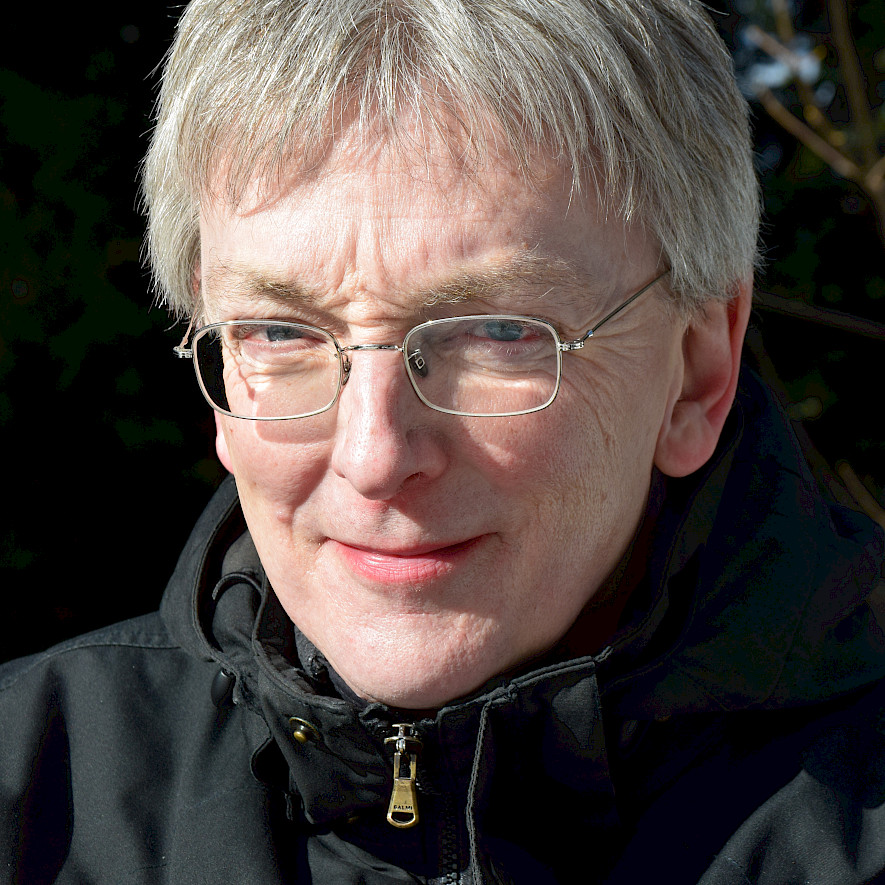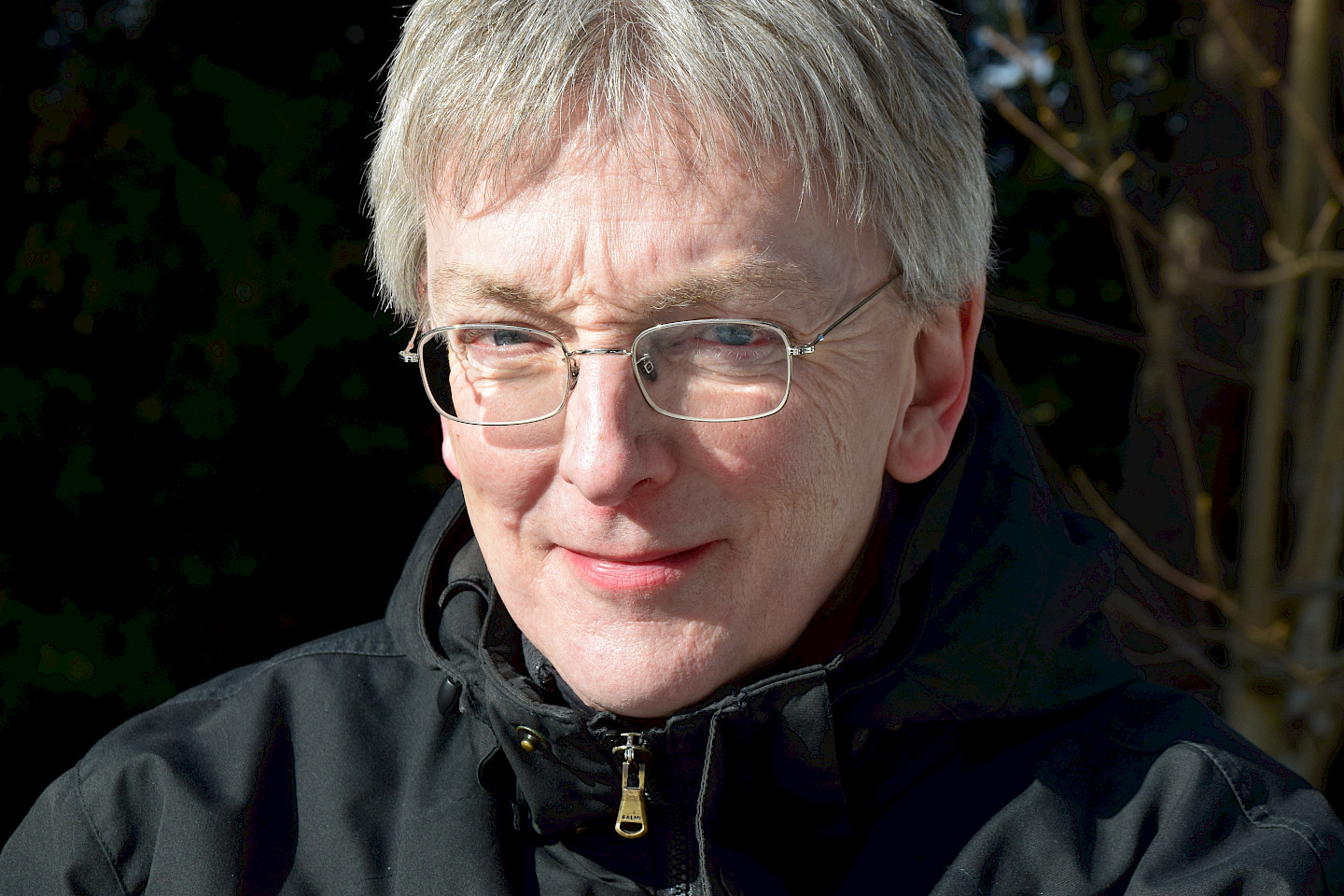Does "1968" represent a caesura in the development of the public-political language of the Federal Republic? This thesis can be justified by the fact that since then there has been a greater sensitivity to language, which can be observed via the language criticism of the New Social Movements of the 1970s up to today's debates about political correctness. The thesis and the critique of it will be presented in the first part of the lecture.
Other linguistic studies see in "1968" the beginning of a "vernacularization" and an "emotionalization" of public language use. This is illustrated by the court appearances of the 68ers, by the commune movement or by the behavior in talk shows. In the second part of the lecture, examples of the disruption of ritual orders and the style of conversation in the so-called hedonistic self-actualization milieu will be presented, of which the latter in particular had an impact on public-political language.





